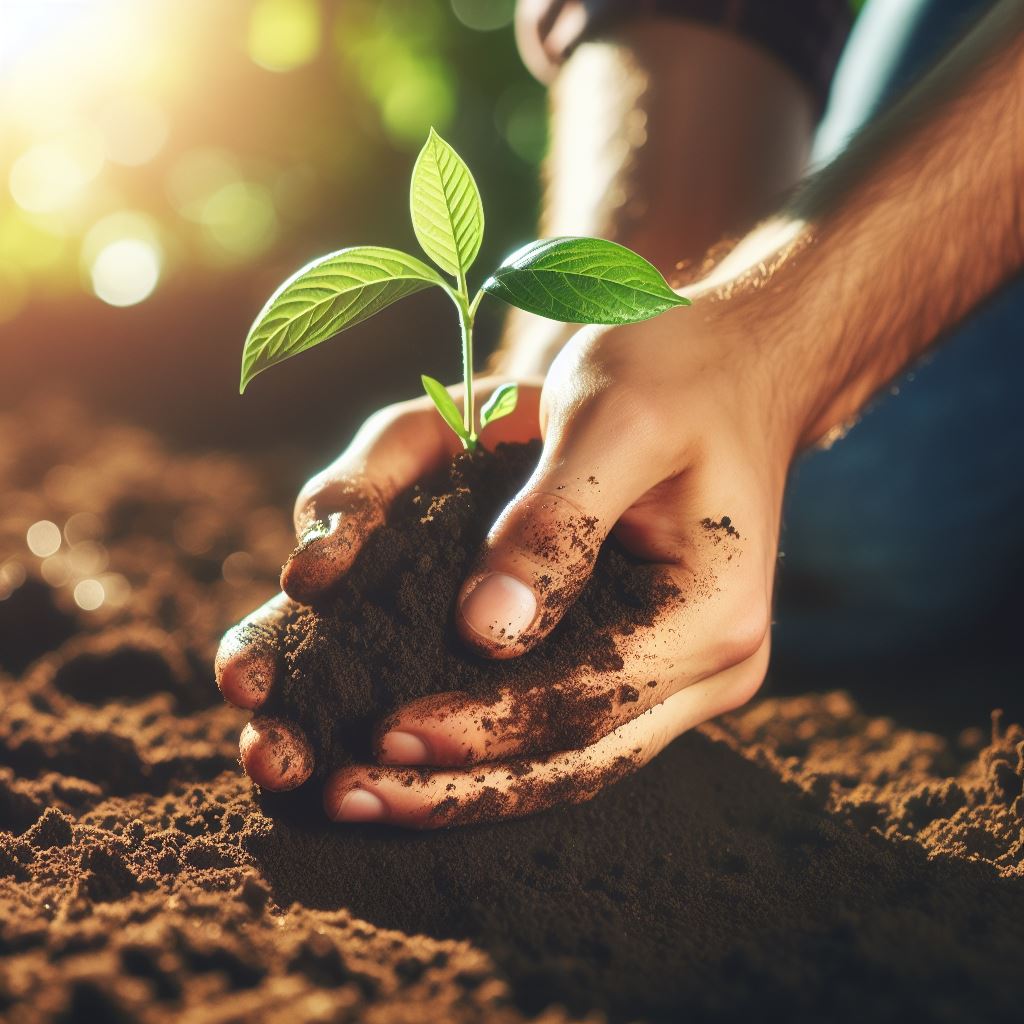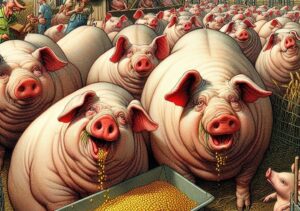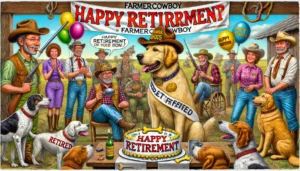
Farm Dictionary 4.jpg
Coppicing
Definition: Coppicing
Coppicing: Coppicing noun the practice of regularly cutting down trees near to the ground to produce strong straight shoots for fuel or other uses Coppicing, a traditional method of woodland management, is now of interest for producing biofuel. COMMENT: The best trees for coppicing are those which naturally send up several tall straight stems from a bole, such as willow, alder, or poplar. In coppice management, the normal cycle is about five to ten years of growth, after which the stems are cut back. Implementing coppicing practices provides sustainable wood production and enhances forest management.
Originally posted 2008-03-16 00:25:38.
Fall off the barn roof and busted your keister? Life on the farm or ranch can be tough on the bum. Need a break? Laugh it off at FarmerCowboy.com, the #1 farm humor site. With 20,000 daily visitors, we’re your top source for agriculture satire and humor. Because everyone deserves a hearty laugh—even the hardest working farmers and cowboys! Join us and turn those long days into fun tales at FarmerCowboy.com.
Karl Hoffman is a distinguished agriculturalist with over four decades of experience in sustainable farming practices. He holds a Ph.D. in Agronomy from Cornell University and has made significant contributions as a professor at Iowa State University. Hoffman’s groundbreaking research on integrated pest management and soil health has revolutionized modern agriculture. As a respected farm journalist, his column “Field Notes with Karl Hoffman” and his blog “The Modern Farmer” provide insightful, practical advice to a global audience. Hoffman’s work with the USDA and the United Nations FAO has enhanced food security worldwide. His awards include the USDA’s Distinguished Service Award and the World Food Prize, reflecting his profound impact on agriculture and sustainability.





